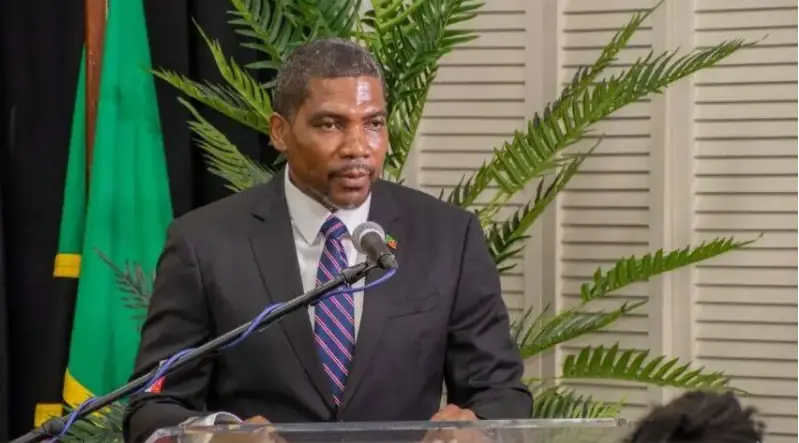Energy Task Force issues report highlighting targets to implement renewable energy system in Montserrat
Montserrat: The Cabinet has requested that the Energy Task Force shorten its timeline for the island’s electricity generation to be 100 percent powered by renewable energy.
13th of May 2022

Montserrat: The Cabinet of Montserrat has requested that the Energy Task Force shorten its timeline for the island’s electricity generation to be 100 percent powered by renewable energy.
With one exception, the Cabinet has approved and endorsed the recommendations of the Energy Task Force Report, which the Ministry of Communications has commissioned, Works, Labour and Energy (MCWLE). In the report, the task force outlined a series of targets for the island to implement renewable energy systems.
The Task Force recommended the targets below based on the current and medium-term projection for implementing renewable energy systems onto the local grid.
– 35 percent RE electricity generation penetration by 2025
– 60 percent RE electricity generation penetration by 2035
– 80 percent RE electricity generation penetration by 2040
– 100 percent RE electricity generation penetration by 2050
However, Cabinet favours a more aggressive target of achieving electricity generation powered by 100 percent renewable energy resources by 2030.
MCWLE Minister Dr Samuel Joseph said the advanced timeline results from the change in the UK’s Foreign & Commonwealth Development Office (FCDO) funding policy coming out of the COP23 summit in 2021.
The UK Government said it would not be funding fossil fuel projects in the nations it provides development aid to. This change means that rather than investing in new fossil fuel-powered generators, efforts need to turn to fast-tracking an increase in Montserrat’s renewable energy output.
Currently, Montserrat has an installed Solar Photovoltaic capacity of 1 MW which is being fed into the island’s electrical grid. The peak power demand on the island is 2.3 MW; hence the installed Solar PV system represents 44 percent of the island’s peak demand.
Chairman of the Energy Task Force and Director of Energy for MCWLE, Kenrick Burke, said his department is now focused on getting more renewable energy resources up and running. In the interim, the management team at Montserrat Utilities Limited is looking at how to improve its reliability.
While the Energy Task Force Report offers options of solar, wind and geothermal energy as possible sources for the island, geothermal has emerged as the optimised choice which can produce the island’s power needs most cost-effectively. It also has the lowest number of barriers to large-scale implementation and is also being strongly supported with technical assistance from international and regional agencies such as International Renewable Energy Agency (IRENA), OECS Commission and FCDO.
Mr Burke revealed that the Geothermal Working Group is assessing the options for fast-tracking the development of the island’s resources. The main aims of the working group are as follows:
- Addresses financial and technical issues specific to geothermal energy development in Montserrat
- Discuss potential mechanism through which the development of geothermal energy can be used to kick start the local economy
- Review alternative applications of geothermal energy
- Discuss any potential negative impacts that may be brought about by the development of a surface plant locally and recommend solutions to mitigate these impacts.
An essential output from this working group is the development of a Request for Proposal (RFP) document that will go to the market for the implementation of an optimised surface plant solution for the island. Besides the provision of power, added value services such as the mining of precious minerals and the use of geothermal energy will also be explored.
Minister Joseph stated that the Government is committed to transitioning. “If you look at world events at the present time and the volatility of fuel prices, it’s foolhardy not to seek energy independence.”
Latest
- UK introduces visa requirement for Saint Lucians
-
Dominica upgrades emergency response with new fire trucks -
Sunrise Airways launches non-stop flights between Santo Domingo and Antigua -
St Maarten Gears Up for 55th Republic Bank Carnival with 31 Days of Festivities -
interCaribbean Airways launches non-stop Trinidad–Barbados Service
Related Articles

5th of December 2024


28th of November 2024

28th of November 2024

27th of November 2024

27th of November 2024

22nd of November 2024

24th of November 2024
